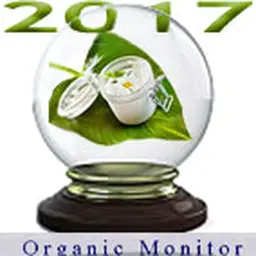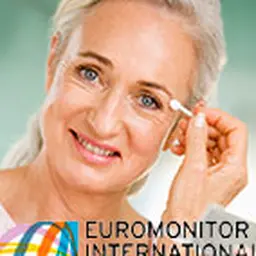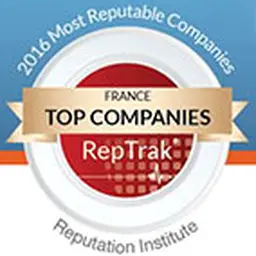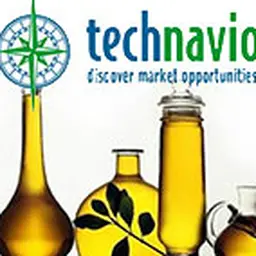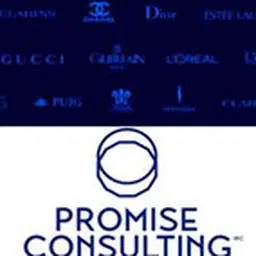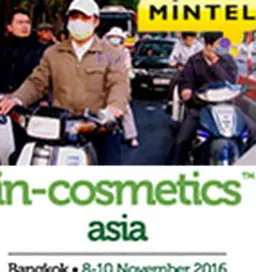
According to a latest study by the market research firm Future Market Insights (FMI), global waterless cosmetics sales is expected to grow at a healthy CAGR of over 13.3% during the period 2021-2031. The research study tracks waterless cosmetics sales in 20+ countries, offering a lucid analysis on how growth trend will unfold.
The focus on sustainability is increasing in the cosmetics industry with more consumers opting to purchase less disposable products and wanting companies to make their products more sustainable. Changing consumer behaviour has been compelling beauty companies to focus on waterless beauty, upcycling, carbon neutrality, and reusable or refillable packaging.
From the packaging used to better-for-the-environment products, the cosmetics industry is moving towards greener, more natural alternatives. Waterless formulation will continue to be a realistic option, for the companies in order to promote environmental protection. Unilever, L’Oréal, and Procter & Gamble, for example, have committed to reduce their water footprint in the coming years to varying degrees. When major brands commit to more sustainable practises, customers are drawn in.
In terms of product type, skincare products account for over 37% of sales in the market. The category covers a range of waterless products which include creams, lotions, serums, cleansers, and others. The increasing importance of natural and organic cosmetics is expected to drive the sales of waterless cosmetics in the coming years.
Key takeaways
• Rising demand for sustainable beauty products enabled the waterless cosmetics market reach a valuation of US$ 8.9 Bn in 2021
• Besides high awareness, willingness to …

